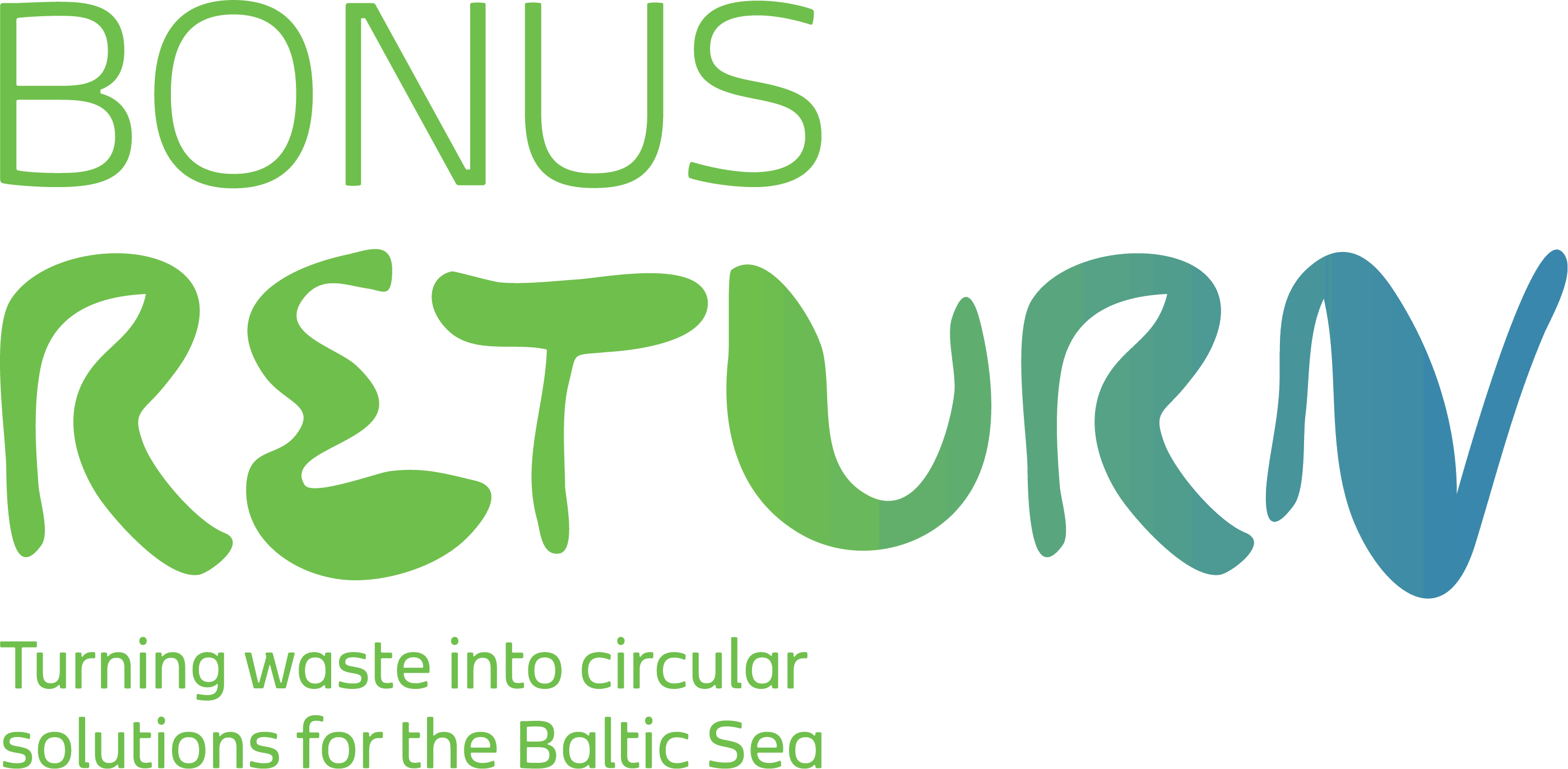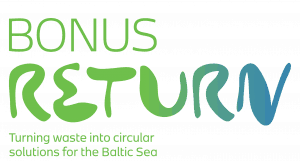Authors: Biljana Macura, Solveig L. Johannesdottir, Mikołaj Piniewski, Neal R. Haddaway & Elisabeth Kvarnström
ABSTRACT
Background
The regular addition of plant-available nutrients such as nitrogen and phosphorus, either as manufactured fertilizers or animal manure, to agricultural soils is needed for global food security. Increased recycling of nutrients back to agriculture from organic waste streams is necessary for increased rural–urban sustainability. Anaerobic digestion of sewage sludge and agricultural wastes is widely applied to stabilize the substrate and also capture its energetic value via biogas production. The liquid phase of anaerobic digestate is a concentrated source of nutrients to which nutrient recovery technologies can be applied. Two such promising technologies that could increase nutrient recycling from e.g. wastewater and thereby contribute to environmental amelioration are struvite precipitation and ammonia stripping. By combining anaerobic digestion and nutrient recovery technologies on the digestate, a treatment process that provides both renewable energy and plant nutrients is achieved. This review will examine the effectiveness of ecotechnologies for the recovery and reuse of nitrogen and phosphorus from anaerobic digestate with the aim of reducing the impact of waste on the environment.
Methods
We will search for both academic and grey literature published after 2013. English language searches will be performed in 4 bibliographic databases, and Google Scholar, while searches in 41 specialist websites will be performed in English, Finnish, Polish and Swedish. Eligibility screening will be conducted at two levels: title and abstract and full text. Included eligible studies will be subject to a critical appraisal that will assess external and internal study validity. We will extract information on study characteristics, intervention, comparators, effect modifiers, and measured outcomes. Data synthesis will involve narrative synthesis of each included study of sufficient validity. Quantitative synthesis (i.e. meta-analysis) may be possible in cases where a sufficient number of studies report similar types of outcomes.

